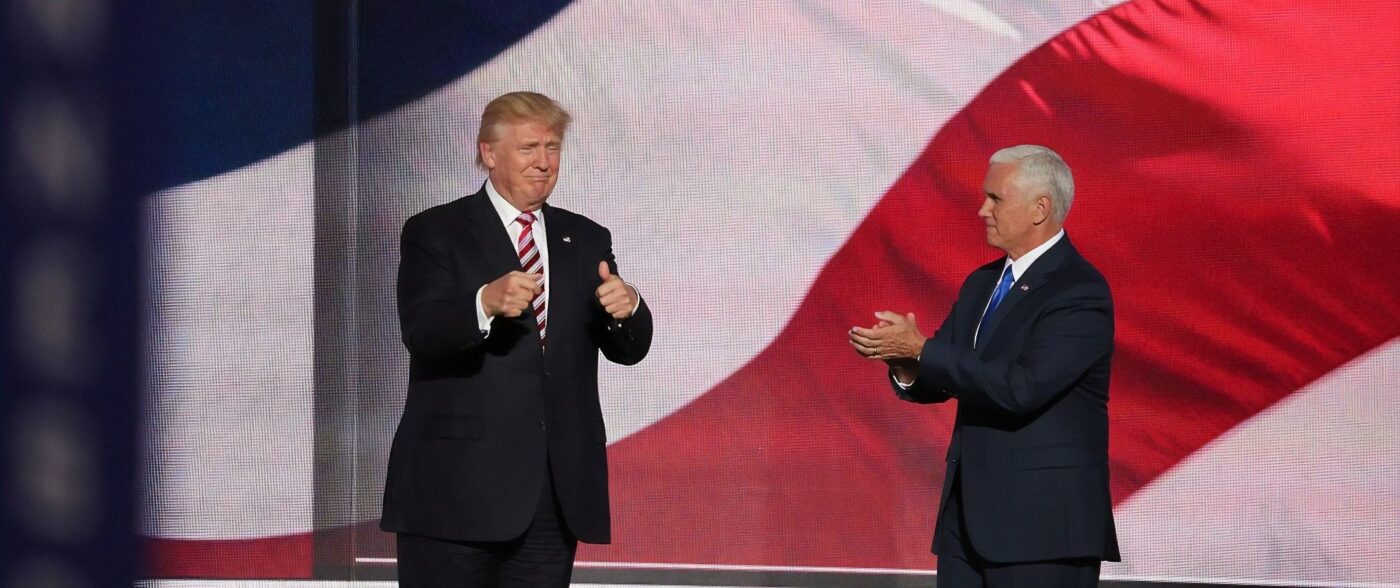Trumpism has not yet been defeated
When I saw Joe Biden take Pennsylvania on 7th November, I was immediately overwhelmed with relief. The chaotic years of Trump’s cruel and ineffective presidency at last had an expiration date. A reliable and competent, if admittedly somewhat dull and uninspiring, politician will once again enter the Oval Office. Almost immediately, though, my pessimistic nature turned my face to the future – what next for Trump and what next for Trumpism?
The situation for Biden before the election was as good as could be asked for. Trump had mishandled the pandemic, failed to achieve key campaign promises (there’s no wall and Mexico did not pay for it), and was unable to deliver change in Washington. In the run up to the election, I was hoping for a complete and clear repudiation of Trump.
However, more Americans voted for Trump in 2020 than in 2016, and he also gained more votes than any candidate for President in history (Joe Biden excepted). Biden won the electoral college by healthy, but by no means overwhelming, margin. What the Republican Party’s six-year experiment in populism has shown is that it works.
When analysing Trumpism, we should separate out the different selling points of him as a candidate and look at each of them in turn. Trump can be thought of as diverging from the traditional Republican mould in three key ways: his policies, personal brand and personality.
What the Republican Party’s six-year experiment in populism has shown is that it works
Firstly, there’s his policy platform. Trump was less concerned about fiscal responsibility and shrinking government than traditional conservatives. Instead he’s extreme on immigration, race, abortion, and other ‘culture war’ issues. This shift was devastatingly effective. In both 2016 and 2020 Trump outperformed Mitt Romney and John McCain with working class white voters in the crucial battleground states. He demonstrated that economic conservatives in America will vote for whichever party offers lower taxes, offering broad latitude to on social policy. He focused his trade, immigration, and social policies on swing voters. This strategy was highly effective, and it makes sense that the Republican Party should seek out a similar position in the future.
Secondly, Trump’s personal brand remains highly popular. He was able to maintain his populist tone despite no longer being an outsider. His image as successful businessman, political outsider, and ‘dealmaker’ survived despite obvious evidence to the contrary `in office. In foreign policy, Trump prioritised looking strong over America’s long-term interests. Trump’s ratings on the economy are still higher than Joe Biden’s, with very little evidence to explain why. The complaints by mainstream economists about Trump’s unfunded cyclical tax cuts and trade wars are overcome by his image as a good businessman. An emphasis on law and order and other dog-whistles turned out his base. His populist rhetoric, his way of speaking at rallies, and his relaxed style of speaking all worked well. Again, the American right is likely to try and find someone who can capture that ‘outsider’ status.
Finally, there’s Trump’s actual personality. Here, the contribution to his candidacy is decidedly more negative. The public liked Trump’s ‘authenticity’ but all but his die-hard supporters don’t trust him. His deplorable comments about veterans and war dead are anathema to the patriotic Republican voter. The same can be said for Trump’s history of sexual assault and abusive comments about women. Though neither of these factors were likely to be decisive, a straight-talking outsider Republican who pursued Trump’s dog-whistle policies and tax cuts would likely do better without his history of sexism or gaffes.
Being president is not like reality TV – you have to actually bring people with you.
The most important personality inadequacy of the President’s, though, is his executive incompetence. For his entire presidency, he’s been plagued with personnel issues and scandals. Trump is just not a competent leader. He can’t build an effective team, he can’t inspire people around him, and he isn’t actually good at delivering policies. Being president is not like reality TV – you have to actually bring people with you. If he hadn’t encountered one of the hardest situations any president has come up against, maybe he would have managed, but in the face of the pandemic, Trump wasn’t up for it. The simple truth is that much of America likes Trump’s policies, they like his brand, and they tolerate most of his personal flaws. What they won’t tolerate is ineptitude.
Whilst I wouldn’t rule out a run in 2024 by Donald Trump (or perhaps political heir, Don Jr.), the most likely outcome is that he’ll leave the White House for the last time in January. Trumpism, however, is alive and well. Populist rhetoric and nativist identity politics are likely to define the Republican Party for a long time to come. The Democrats would do well to prepare to fight this when it re-emerges. With any luck, Trump’s personal legacy will be one of total failure. Trumpism, however, is not done with America just yet.

Comments